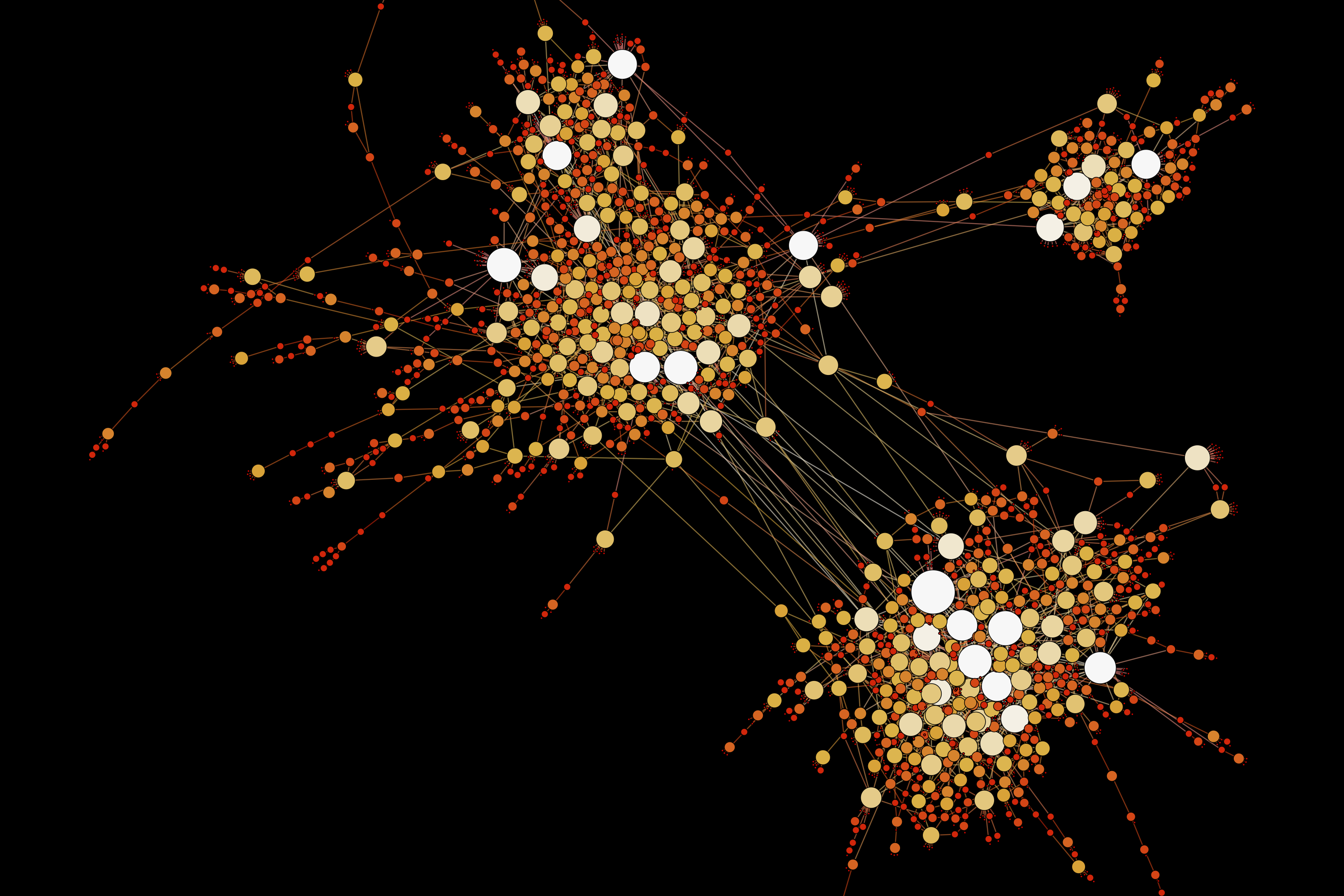Esta web utiliza cookies para que podamos ofrecerte la mejor experiencia de usuario posible. La información de las cookies se almacena en tu navegador y realiza funciones tales como reconocerte cuando vuelves a nuestra web o ayudar a nuestro equipo a comprender qué secciones de la web encuentras más interesantes y útiles.
Managing network traffic with discriminatory strategies: a study of zero-rating in an Internet market monopoly
Pinar, L., I. Arribas and A. Urbano (2025). «Managing network traffic with discriminatory strategies: a study of zero-rating in an Internet market monopoly». Information Economics and Policy 71 (December): 101141.



